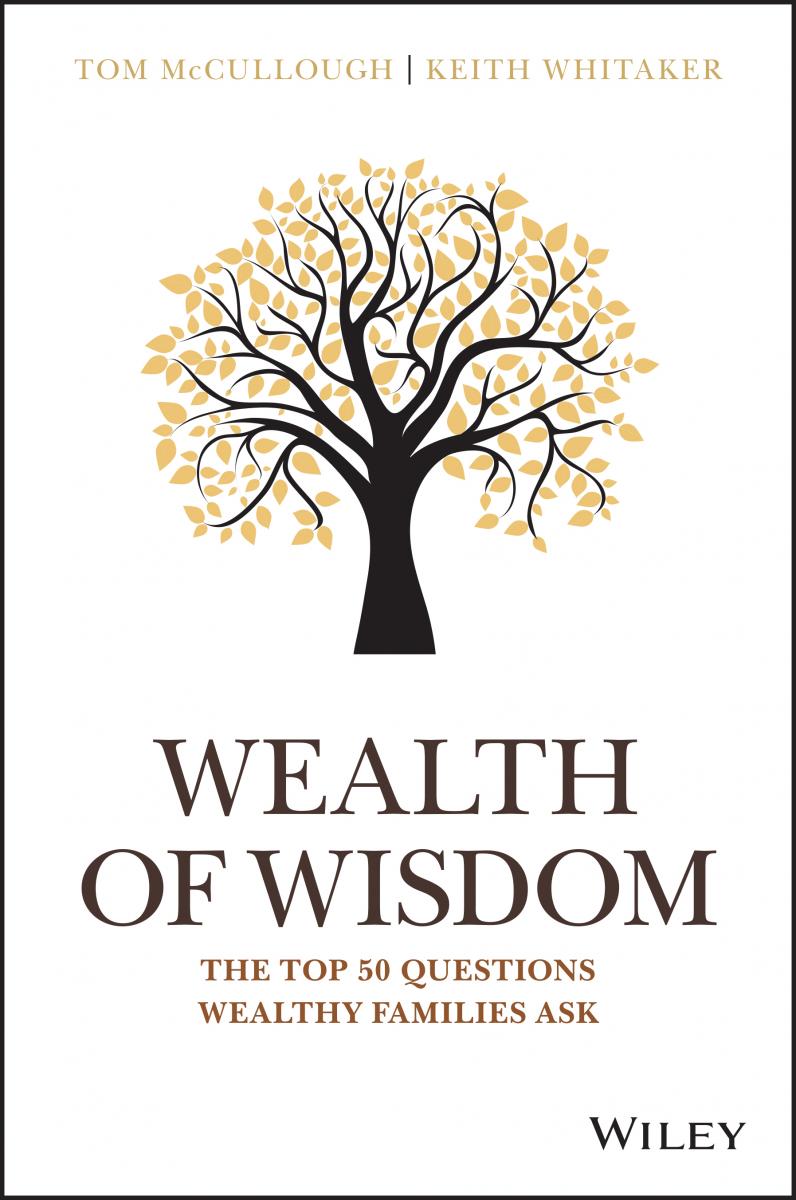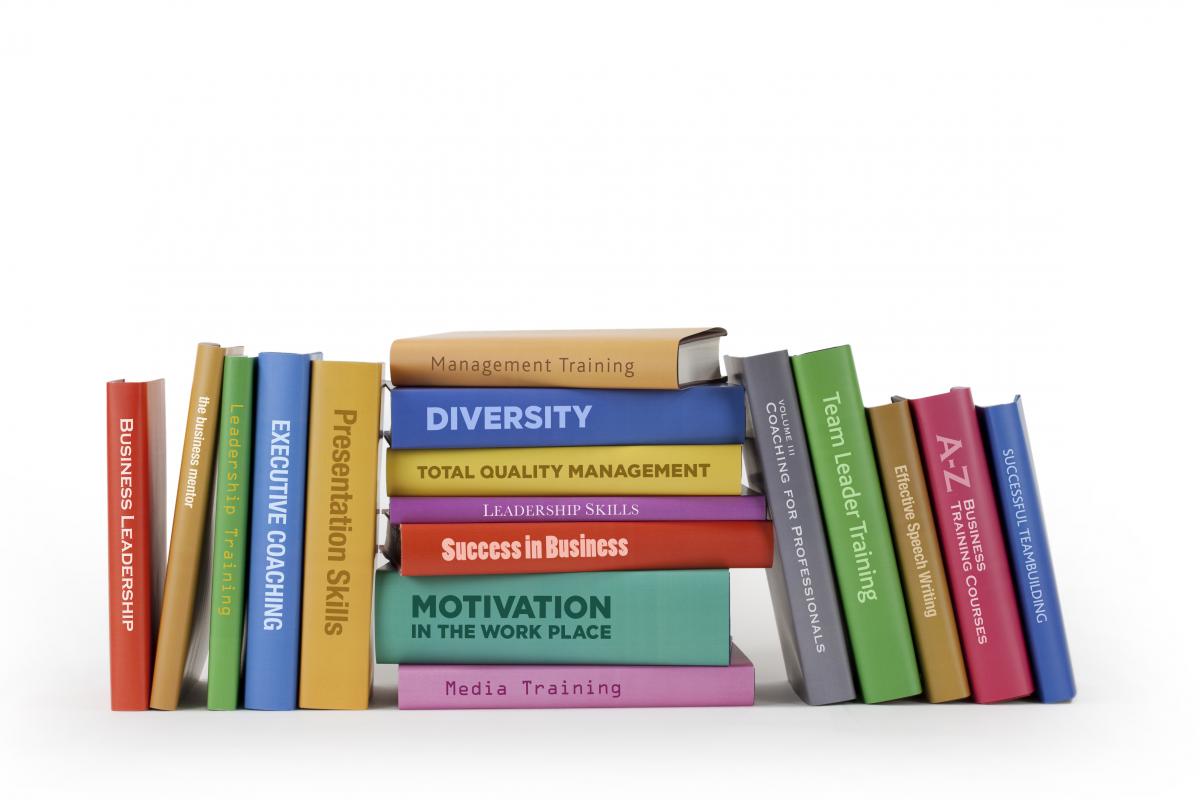What are the best ways for a family to make decisions together?

“Why are people talking about family governance?” “What do they mean and why is it important?” “Does family governance mean I need a family council? A family constitution?”
The word governance often sounds intimidating. I recommend replacing it with the term decision-making.
Every family is always making decisions. The question is whether the way they are making decisions is a way that seems fair to everyone involved. When the decisions are not seen as fair, the likely result is resentment, and eventually rebellion—sometimes including dramatic press coverage.
From countries to businesses to families, each group has made an agreement—explicit or implicit—about who has the power to make which decisions for the group. In my book International Family Governance, I compare six countries for their governance system: United States, Japan, India, Saudi Arabia, France, and the Navajo Nation. Each group has given decision-making authority to a smaller delegation. We see a Congress, a Diet, Parliaments, a monarchy, and a Council of Elders.

Each system has some advantages and disadvantages. Strict monarchies seem the hardest to survive for long periods. We can compare monarchies to families that are ruled by an autocratic patriarch—a common feature in so many families. This form of governance reminds us of the French Revolution, and the American revolt against taxation without representation.
I have found that many families gain a better understanding about how their family works when they look at other social groups. On a grand scale, we have the countries to think about. If the goal of good governance is to make the people free, safe, and able to engage in their own pursuit of happiness, some systems work better than others. In my extensive work in Saudi Arabia with substantial family businesses, I would often address the patriarch with, “Imagine that your family is a small country—how would you like decisions tobe made?”
On the business level, a lot of work has been done in the area of good governance. We can adapt much of that learning to family groups. The OECD (Organisation for Economic Co-operation and Development) has developed standards for good governance that can apply easily to families. For example, the OECD Principle Five focuses on the importance of complete and correct information:
The corporate governance framework should ensure that timely and accurate disclosure is made on all material matters regarding the corporation, including the financial situation, performance, ownership, and governance of the company.
In my experience, the lack of sharing of information in a family is the most common cause of distrust among the members, and the build-up of conflict.
Another term for the same principle is to have transparency as a strong family value.

Sharing financial information is particularly important. I worked with one Pakistani family where the patriarch had taken this advice to heart. He had a loose-leaf notebook with a section for each family member’s net worth and investments, and he left the book in the study—available for all family members to see. This was a family that held transparency at unusually high value.
The other key principle from the OECD that I think applies very aptly to families is Principle Six, part of which states the importance of “the board’s accountability to the company and the shareholders.” But these two are not enough. Over the years, I have learned how important participation is in the family governance system. So I argue that there are three so-called universal principles of good governance for families to follow: transparency, accountability, and participation.
Let’s assume a family agrees with this advice so far. What next?
Most groups begin with a foundational agreement. At the country level, this is usually a constitution – England being an exception with no written constitution—which spells out who has the power tomake which type of decision. At the business level, most jurisdictions provide a basic governance framework, specifying the need for Articles of Incorporation and accompanying by-laws. In those documents, a board of directors is chosen. To simplify the governance, we have a group of shareholders (which may or may not encompass all the adult family members) who vote on the election (and removal) of the board of directors, who in turn hire (and fire) the top management of the company.

At a family level, you might have a board or, more often, a family council, which acts like a board. The larger family (usually meaning all adult family members) will elect the family council, whether or not they are shareholders or wealthholders, just as shareholders elect a board. The same issues come up: Who is qualified to be a board member? Is there a minimum age? How often does voting take place? Can someone vote by proxy? And so on. In the family setting there are often additional considerations addressing “branches” in the family. Should representation be along branch lines, or along generational lines? That is, should each branch of the family – nomatter how many members it has—have the same number of seats on the family council? Likewise, should every generation have some representation?
There is no one-size-fits-all answer to these questions. The key is to ask and discuss what answers feel right. I really enjoy helping a family choose the system that fits them, as there is so much flexibility of choices. It is always interesting to learn as much as possible about what other families do, and what they think works well.
Now we come to the family constitution. When the work has been done to agree on who makes which decisions, it helps to have it all written down. Sometimes it’s called a family charter or a family compact or even family mission/values. I think it is most helpful to call it a family constitution, to keep its role familiar. Many families slowly get used to the idea of having a family constitution, and by the end of the discussions and drafting, they feel a proud sense of ownership.
 I worked with one ethnic Chinese family that began the governance-process with a fair amount of skepticism. We went through all the decision areas they had: a family business, family charities, family collections, family home compounds, oversight of trusts and investments, agreement on distributions, and so on. The only two provisions I prompted them to include were the preamble, in which they would record their family statement about why they were doing this – in this case it was to honor their ancestors—and a provision at the end on how it could be amended, to allow future generations to make changes. At the end of this process of creating the family constitution, family members were proudly, with some surprise, telling each other, “This is ours, and this is who we are.”
I worked with one ethnic Chinese family that began the governance-process with a fair amount of skepticism. We went through all the decision areas they had: a family business, family charities, family collections, family home compounds, oversight of trusts and investments, agreement on distributions, and so on. The only two provisions I prompted them to include were the preamble, in which they would record their family statement about why they were doing this – in this case it was to honor their ancestors—and a provision at the end on how it could be amended, to allow future generations to make changes. At the end of this process of creating the family constitution, family members were proudly, with some surprise, telling each other, “This is ours, and this is who we are.”
John Ward taught me a lesson that I find families reinforce each time I work with them on governance—namely, the process of going through all these issues and reaching agreement is the most valuable result, more than the actual document. By doing this work, the family learns how to discuss and resolve tough issues. When those discussions are not encouraged, or even forbidden, the resulting conflicts are inevitable.
The bottom line is that developing good governance in your family can promote pride and happiness to be a part of your family.
This essay is extracted from the new book Wealth of Wisdom: The Top 50 Questions Wealthy Families Ask.The book, published by Wiley, offers guidance and tools to help families of wealth and investors successfully manage their finances and family dynamics. By compiling expert responses to the 50 most common questions, the book aims to provide a compendium of knowledge from thought-leaders around the globe and across disciplines. For more information, click here.






